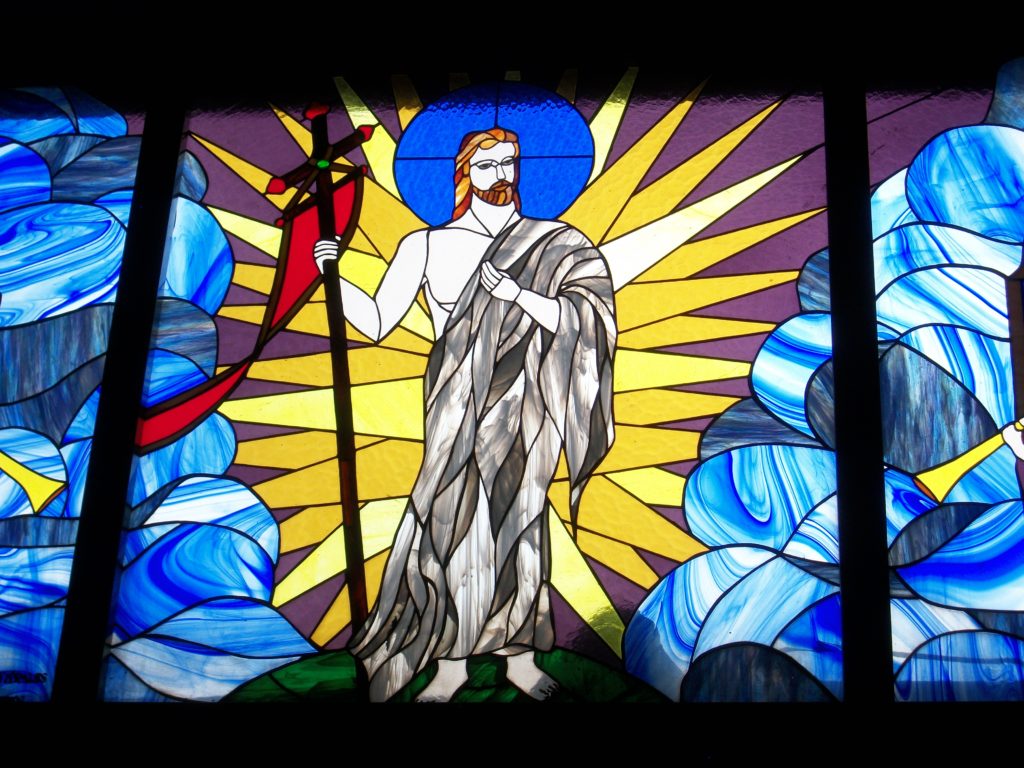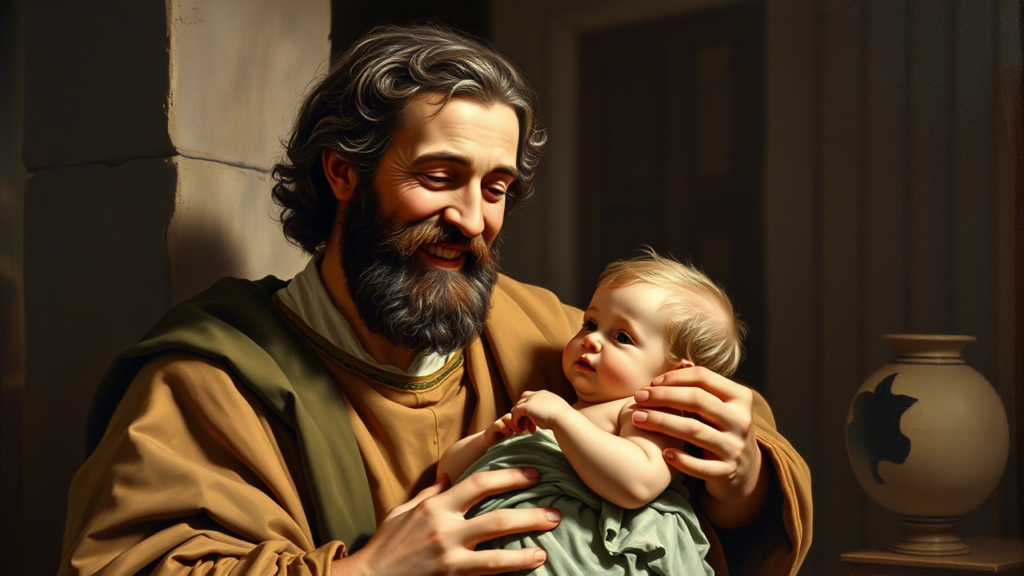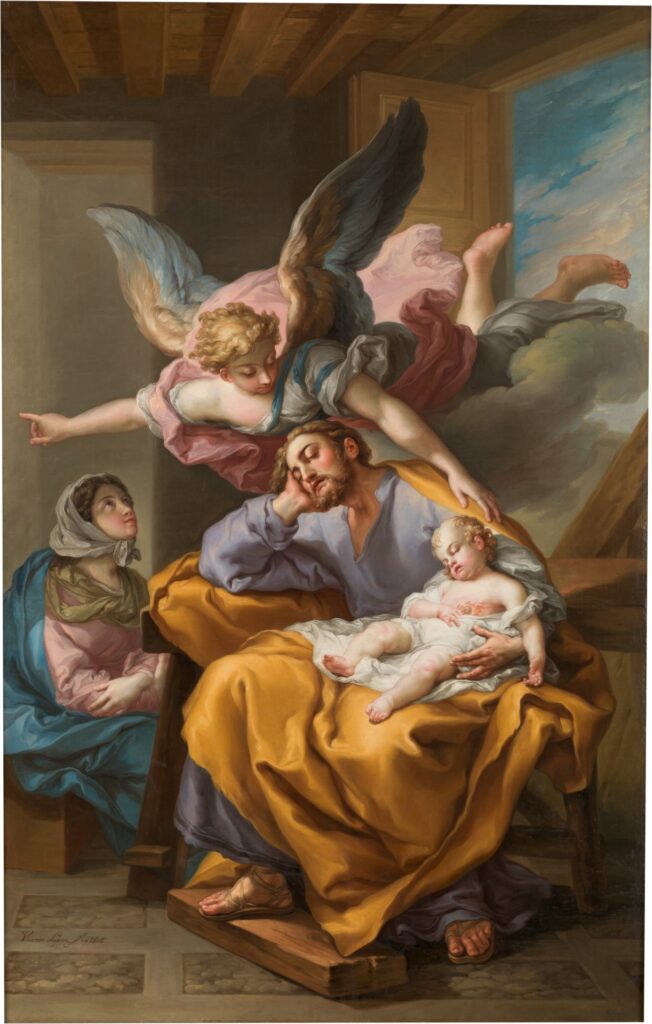New Zealand Copes with End of Life Choice Act
Church Cannot Turn Away from Those Who Choose to Die

Catholic health professionals, chaplains, and priests in New Zealand are being given guidelines and pastoral help to work with people who decide to die under the End of Life Choice Act which takes effect on November 7, 2021.
Though the Church opposes the deliberate taking of human life, it cannot turn away those who choose “assisted dying” under the new law, says Bishop of Hamilton Stephen Lowe, the vice-president of the NZ Catholic Bishops Conference.
“Life puts before us many questions and choices,” says Bishop Lowe. “As a Church, we try to help people look at these questions and choices through a Christian lens. Individuals often find themselves in complex places. In these times the Church tries to offer guidance to people as best as she can, but people make their own choices.
“Often, as a Church, we find ourselves caring for people dealing with the consequences of such choices. Our pastoral practice is always called to be a reflection of our God, who does not abandon his people.”
The bishops have written a pastoral statement and a set of guidelines for chaplains, priests, and other Catholic professionals who care for the dying. The Church’s Te Kupenga-Catholic Leadership Institute has been organizing workshops on working with the law.
The Catholic Church in Aotearoa New Zealand opposed the End of Life Choice Act Referendum held at the 2020 general election. However, the referendum was passed.
Bishop Lowe said “medically assisted dying” or euthanasia would not be offered in Catholic rest homes or hospices, just as many non-Catholic carers would not offer it.
“However, it will become available in a number of hospitals and other public care facilities throughout the country. These are the places of work or ministry for some of our Catholic community. We do not need to deny the objective wrong of euthanasia in order to accompany, with consolation and hope, those who might feel drawn or pushed towards this type of death,” said Bishop Lowe.
“The legal availability of euthanasia in New Zealand does not change Catholic convictions about the practice. At the same time, our faith tells us there is no place or situation, no matter how uncomfortable, where our faith cannot be expressed, or God’s grace encountered.”
Go to these links for PDFs of the Pastoral Statement and the Guidelines from the bishops.
Related

Easter: Mystery of Freedom
Carlos J. Gallardo
20 April, 2025
5 min

Saint Joseph: Perpetual Smile
Luis Herrera Campo
19 March, 2025
3 min

The Silences of Saint Joseph: Eloquence of Love and Obedience
Javier Ferrer García
19 March, 2025
2 min

Saint Joseph: A Model of Fatherhood, Faith, and Protection
Patricia Jiménez Ramírez
19 March, 2025
4 min
 (EN)
(EN)
 (ES)
(ES)
 (IT)
(IT)

